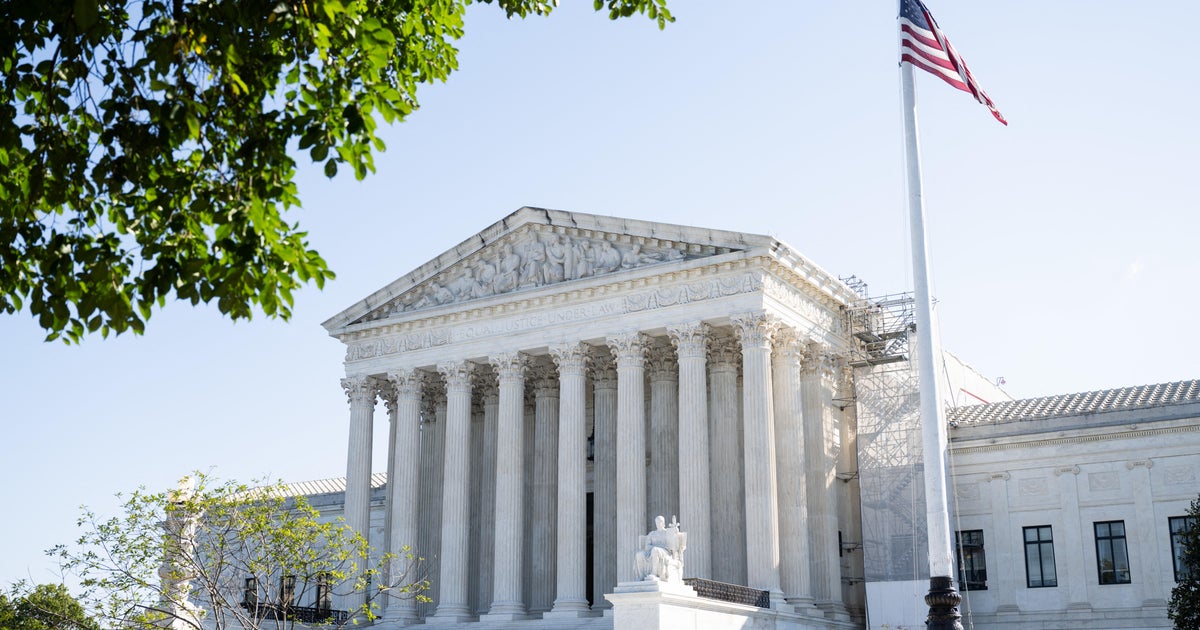Supreme Court upholds Indiana abortion law on fetal remains but stays clear of debate
The Supreme Court is upholding an Indiana law that requires abortion providers to dispose of aborted fetuses in the same way as human remains. But the justices are staying out of the debate over a broader provision that would prevent a woman in Indiana from having an abortion based on the fetus's gender, race or disability.
The court is splitting 7-2 in allowing Indiana to enforce the fetal remains measure that had been blocked by a federal appeals court. The justices say in an unsigned opinion that the case does not involve limits on a woman's right to an abortion.
Justices Ruth Bader Ginsburg and Sonia Sotomayor dissented.
According to orders released on Tuesday, the Court says that Planned Parenthood has never argued that the law imposes an "undue burden" on a woman's right to have an abortion, so the Seventh Circuit in Indiana looked at whether or not there was a "rational basis" for the law -- that is, whether it was rationally related to legitimate governmental interests.
But the Supreme Court concluded otherwise: The government has an interest in the proper disposal of fetal remains, and the law is rationally related to that interest.
Planned Parenthood's Vice President for Public Policy Litigation & Law Helen Krasnoff told CBS News the organization was "disappointed" by the Supreme Court's decision, slamming the Indiana law as "stigmatizing and shaming patients when they seek basic health care."
"Abortion is a safe and legal medical procedure and should be treated no differently than any other. Planned Parenthood will continue to do everything we can to ensure every person can continue accessing safe, legal abortion — no matter what," Krasnoff added.
Vice President Mike Pence, a vocal advocate against abortion, also weighed in, tweeting "Justice Thomas wrote: SCOTUS has been zealous in the past in barring discrimination based on sex, race, & disability. Hopeful someday soon SCOTUS will recognize the same protections for the unborn when they rule on future appeals of pro-life legislation."
Pence noted that as the former governor of Indiana, he was "proud" to sign the fetal remains law into effect. He hailed Tuesday's decision in the Court a "victory for life."
CATO Institute Director Ilya Shapiro told CBSN, however, that after Tuesday's ruling, there's "no indication or guarantee there's an appetite for this court, however conservative someone might think it is, to take up the abortion issue let alone overturn Roe v. Wade."



